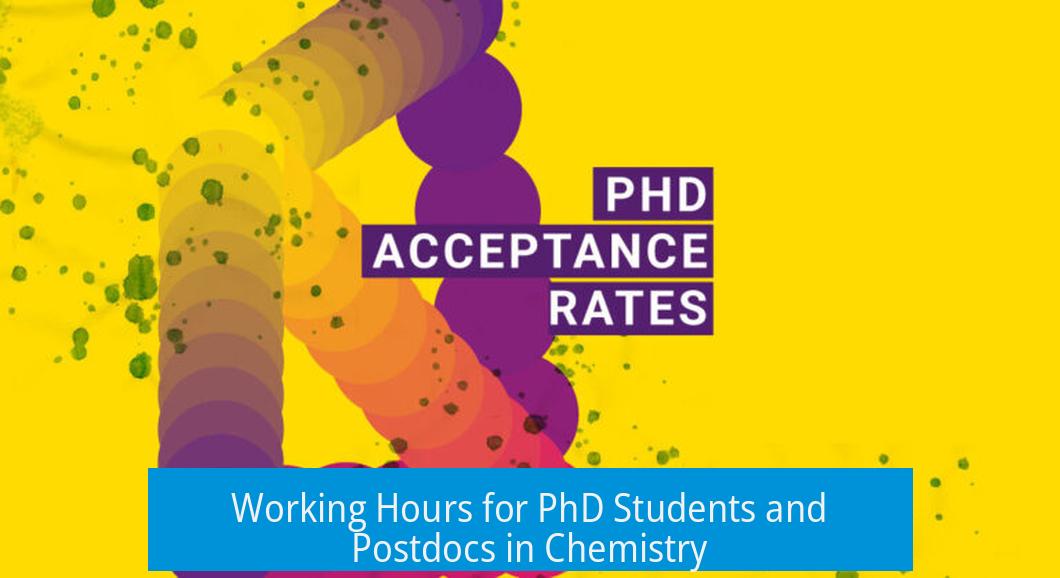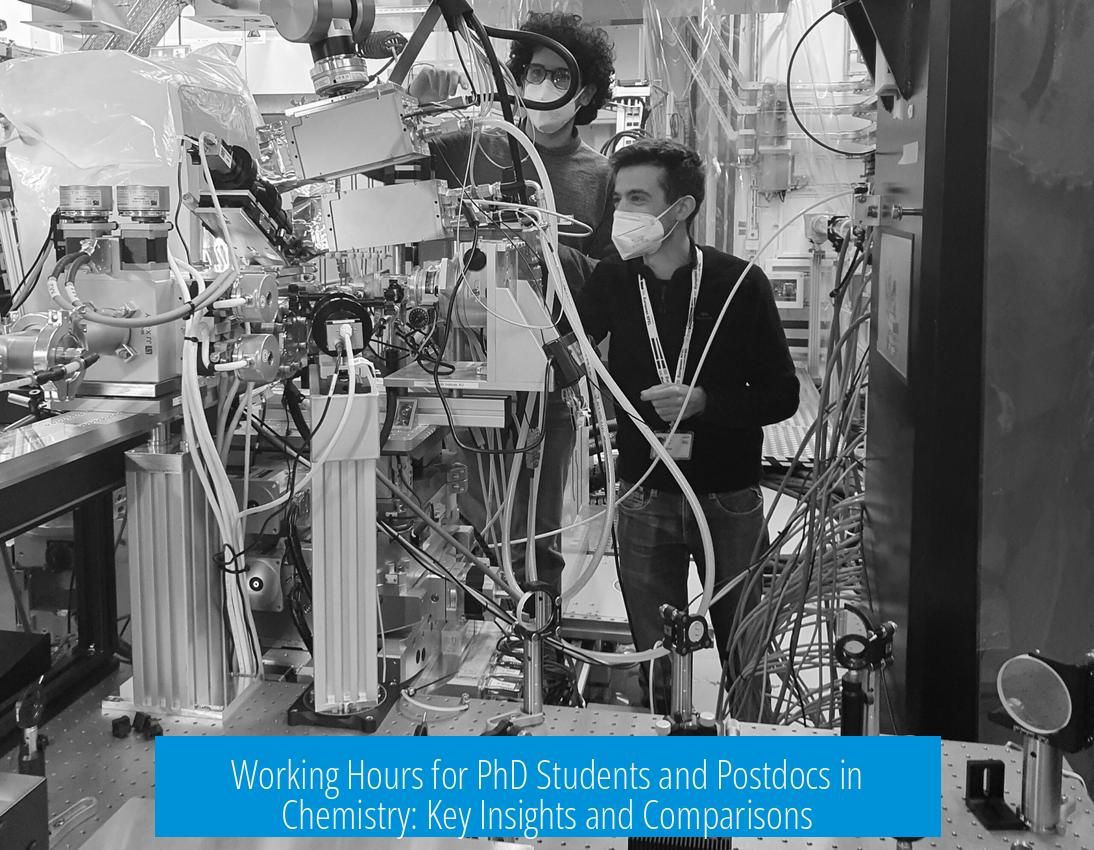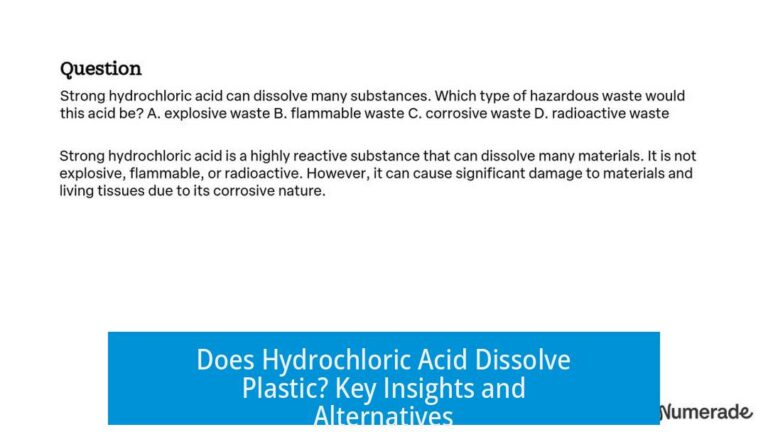Working Hours for PhD Students and Postdocs in Chemistry

Working hours for PhD students and postdocs vary widely based on field, lab culture, and individual work style, but typically range from 40 to 80 hours per week across the USA and Europe. Time commitment depends on research demands, advisor expectations, and personal efficiency.
Typical Weekly Hours by Research Area
- Physical Organic Chemistry (USA): Around 55-65 hours weekly with some downtime. Researchers often split work between lab tasks and analysis, with some maintaining a balanced schedule, e.g., working 6 hours a day for 5-6 days.
- Synthetic Organic Chemistry (USA): Intense schedules of 70-80 hours per week are common, spanning six days or more due to laborious experimental protocols.
- Chemical Physics/Theoretical Chemistry (USA): Heavier workloads reported, often requiring 70-75 hours to cover demanding coursework and complex research combining lab and theoretical work.
- Bioinorganic Chemistry (Austria): More regulated, typically about 40 paid hours weekly, with departmental norms supporting consistent work durations across students.
- Spectroscopy (France): Generally 50 hours per week with variability; some researchers stay longer but may work less efficiently.
PhD vs. Postdoc Work Hours

PhD students usually log between 50-60 hours weekly. Postdocs often increase workload to 60 or more hours. However, some experience balanced schedules closer to standard 40-hour weeks, especially if working conditions or advisor expectations emphasize results over time spent.
Postdoc hours can equal or exceed PhD hours due to heightened research independence and pressure to publish, though exceptions exist.
Impact of Advisor and Research Group
Advisor expectations heavily influence hours. Some principal investigators (PIs) prioritize outcomes instead of strict time tracking. Others expect 70+ hours weekly. Work culture within research groups also varies; some favor intensive lab presence, while others support efficient task completion within standard working hours.
Summary of Findings
| Field/Location | Typical Hours/Week | Notes |
|---|---|---|
| Physical Organic Chemistry (USA) | 55-65 | Includes downtime, flexible schedules |
| Synthetic Organic Chemistry (USA) | 70-80 | 6 days/week, long experimental runs |
| Chemical Physics/Theoretical (USA) | 70-75 | Heavy coursework plus research |
| Bioinorganic Chemistry (Austria) | 40 (paid 30) | Department norm, regulated hours |
| Spectroscopy (France) | ~50 | Variability in effort vs. presence |
Key Takeaways
- Typical working hours range broadly from 40 to 80 per week depending on discipline and location.
- Advisor expectations and group culture significantly influence workload and schedule.
- Postdocs often work more hours than PhD students but maintain significant variability.
- Some fields, especially synthetic chemistry, demand extended lab hours due to experiment length.
- European institutions often have more regulated, possibly shorter working hours compared to the USA.
How many hours per week do PhD students typically work in the USA?
Most PhD students work between 50 and 65 hours per week. Some fields like synthetic organic chemistry can require 70 to 80 hours weekly. However, this varies greatly by advisor and research group.
Do postdocs usually work longer hours than PhD students?
Postdocs often work similar or slightly longer hours, around 60 to 80 hours per week. The workload can be intense, especially in experimental fields, but this depends on the lab culture and expectations.
Are there PhD and postdoc positions with standard 40-hour workweeks?
Yes. Some PhD students and postdocs report working about 40 hours weekly. This is more common in certain countries like Austria or in theoretical research roles, but longer hours are frequent in lab-based research.
How do PI expectations affect working hours?
PI expectations vary widely. Some advisors focus on results rather than hours, allowing flexible schedules. Others may expect 70+ hour weeks. The working atmosphere strongly depends on the specific research group.
Is weekend work common for PhD students and postdocs?
Many try to keep weekends free, but some projects require weekend work, especially during critical experiments. It is common to work 5 to 6 days a week, but time off depends on workload and deadlines.





Leave a Comment